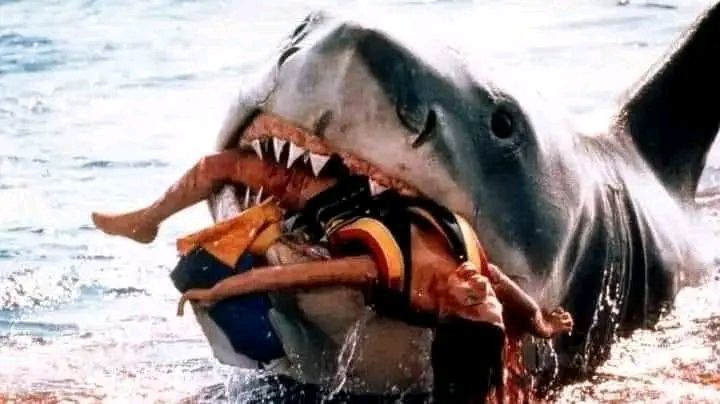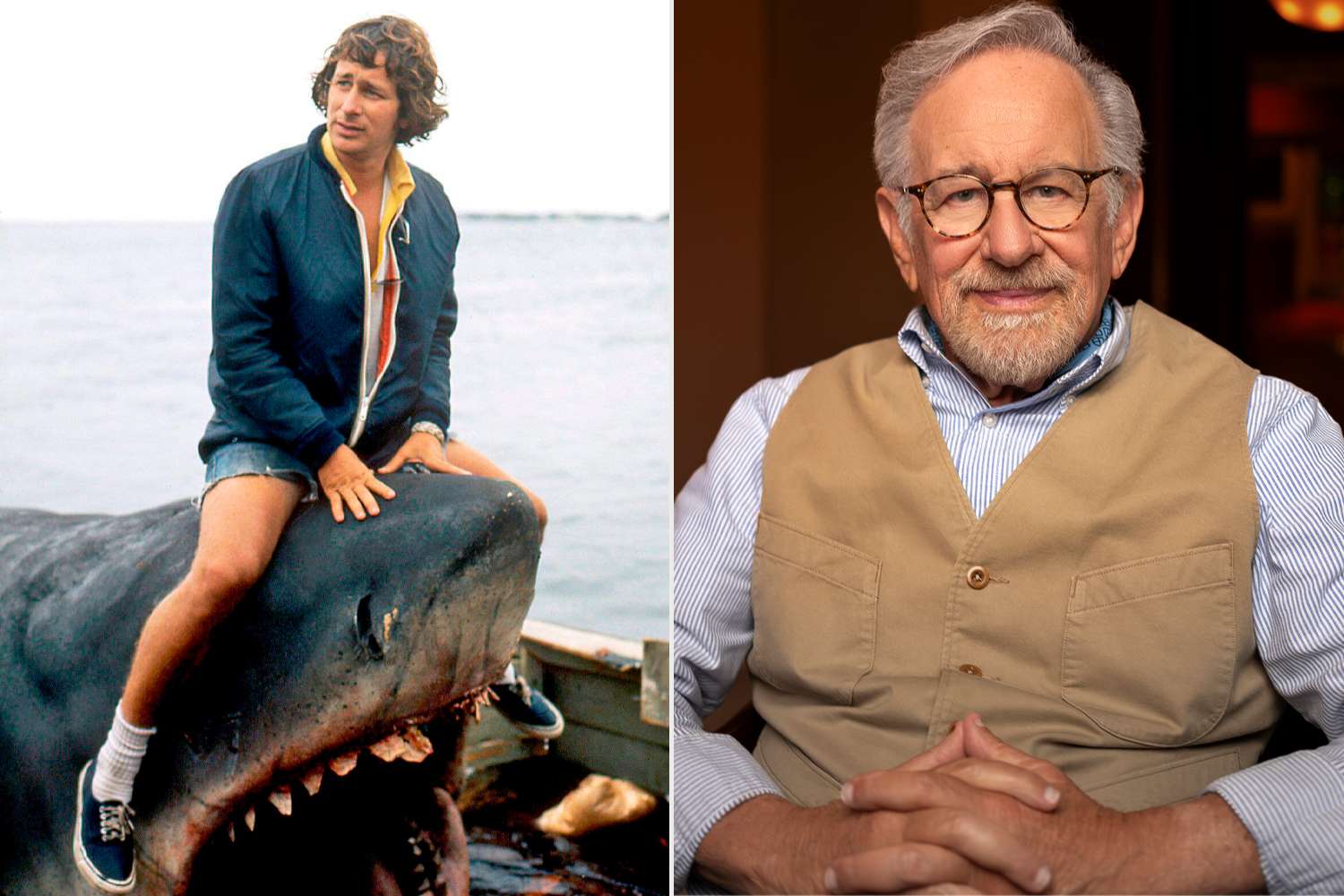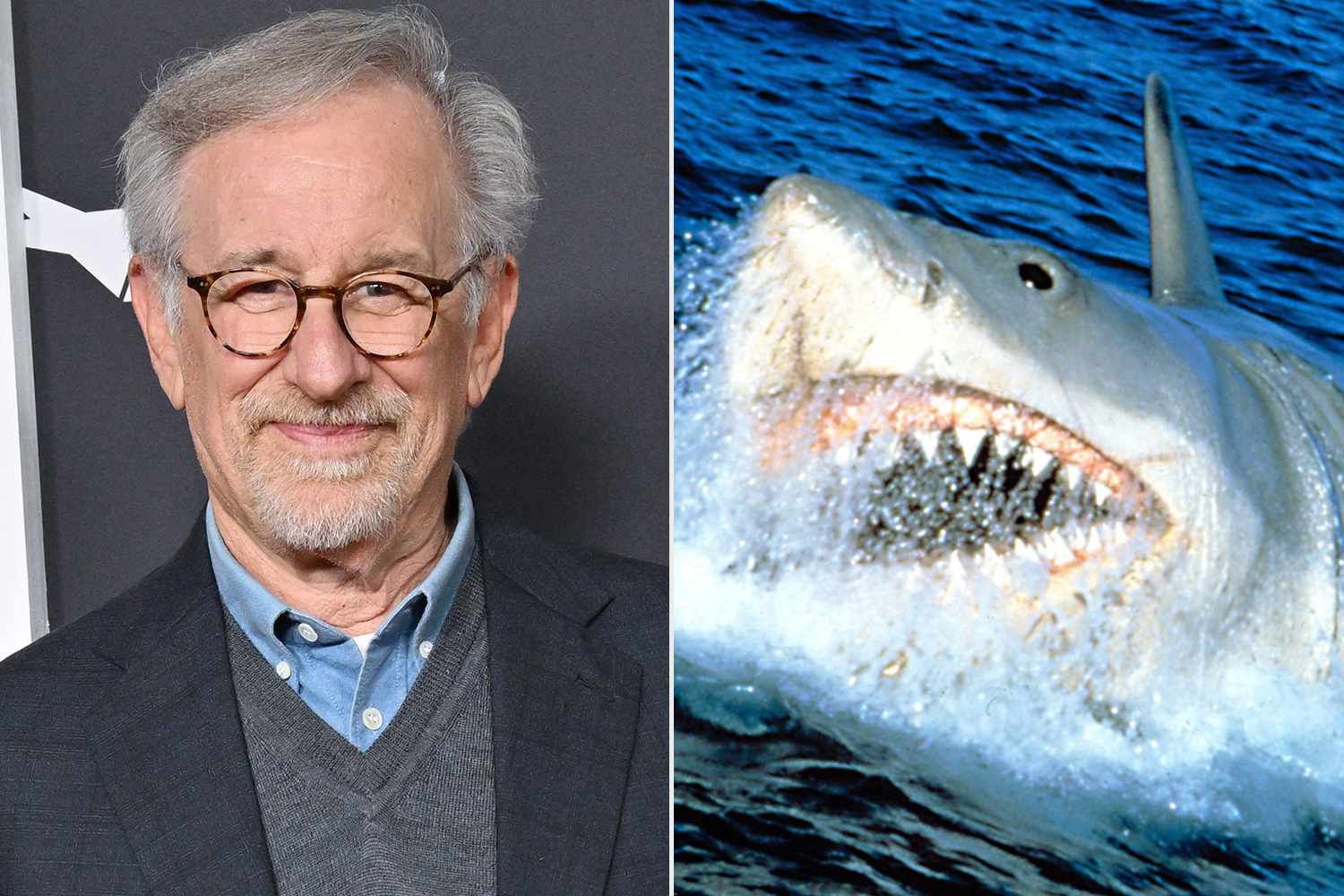Steven Spielberg Expresses Deep Regret Over Shark Population Decline After “Jaws”
Legendary filmmaker Steven Spielberg has opened up about his long-standing remorse regarding the devastating impact his iconic 1975 thriller Jaws had on the global shark population. Speaking during an interview on BBC Radio 4’s Desert Island Discs, Spielberg admitted that he still feels a sense of guilt for the way the film contributed to widespread fear and hunting of sharks, particularly great whites.
The director, who was only 27 when Jaws was released, reflected on how the movie’s massive cultural impact had unforeseen ecological consequences. “I truly regret that the shark population was decimated after the success of Jaws,” Spielberg said. “I fear that sharks are still angry with me for the feeding frenzy of crazy sports fishermen that happened after 1975.”
Following the film’s release, Jaws quickly became a global phenomenon — not only redefining the summer blockbuster but also reshaping how the public viewed sharks. The movie, which tells the story of a great white terrorizing a coastal town, sparked widespread panic about the ocean’s top predators. Unfortunately, this fear translated into real-world consequences. Many anglers began hunting sharks for sport or trophies, seeing them as dangerous monsters rather than vital parts of the marine ecosystem.
Marine biologists and conservationists have long cited Jaws as a key cultural factor behind the sharp decline in shark populations, especially in the United States. Studies conducted after the film’s release revealed a noticeable drop in the number of large shark species along the eastern coast of North America. In the years following 1975, competitive fishing tournaments specifically targeting sharks became popular, further contributing to the species’ endangerment.
During the interview, Spielberg emphasized that his fear of sharks today isn’t rooted in the danger they pose to humans, but rather in what they’ve suffered because of humanity’s misunderstanding. “It’s not that I’m afraid of being eaten,” he clarified. “It’s that I’m deeply saddened by the damage caused. It’s something I truly regret, even to this day.”
At 75 years old, Spielberg remains one of Hollywood’s most influential and beloved directors, known for his vast filmography that includes E.T. the Extra-Terrestrial, Jurassic Park, Indiana Jones, and Schindler’s List. Yet, despite his numerous cinematic achievements, the director admitted that Jaws — one of his earliest and most celebrated works — carries a legacy that weighs heavily on him.
The filmmaker’s comments also come amid renewed global efforts to protect sharks and dispel myths about their behavior. Conservation groups have worked tirelessly to educate the public about sharks’ critical role in maintaining ocean health. Far from being ruthless killers, sharks are apex predators that regulate marine ecosystems by keeping prey populations in balance.
In recent years, documentaries and scientific research have helped repair the animal’s image, showing that attacks on humans are extremely rare and usually cases of mistaken identity. Nevertheless, Spielberg acknowledges that the fear his film instilled in audiences continues to linger nearly five decades later.
Despite its dark ecological legacy, Jaws remains one of the most influential films in cinema history. Its groundbreaking use of suspense, music, and cinematography revolutionized the thriller genre and earned three Academy Awards, including Best Original Score for John Williams’ now-iconic theme.
Reflecting on his life, career, and upcoming projects during the BBC interview, Spielberg spoke candidly about how his creative successes have sometimes come with unintended consequences. “Movies have great power,” he noted. “And sometimes that power can reach beyond the screen in ways you never imagined.”
While Jaws continues to thrill new generations of viewers, Spielberg hopes his words will remind audiences to view sharks with respect rather than fear. His candid reflection serves as both an acknowledgment of past mistakes and a call for greater environmental awareness — ensuring that the next generation sees these magnificent creatures not as monsters, but as essential guardians of the ocean.




